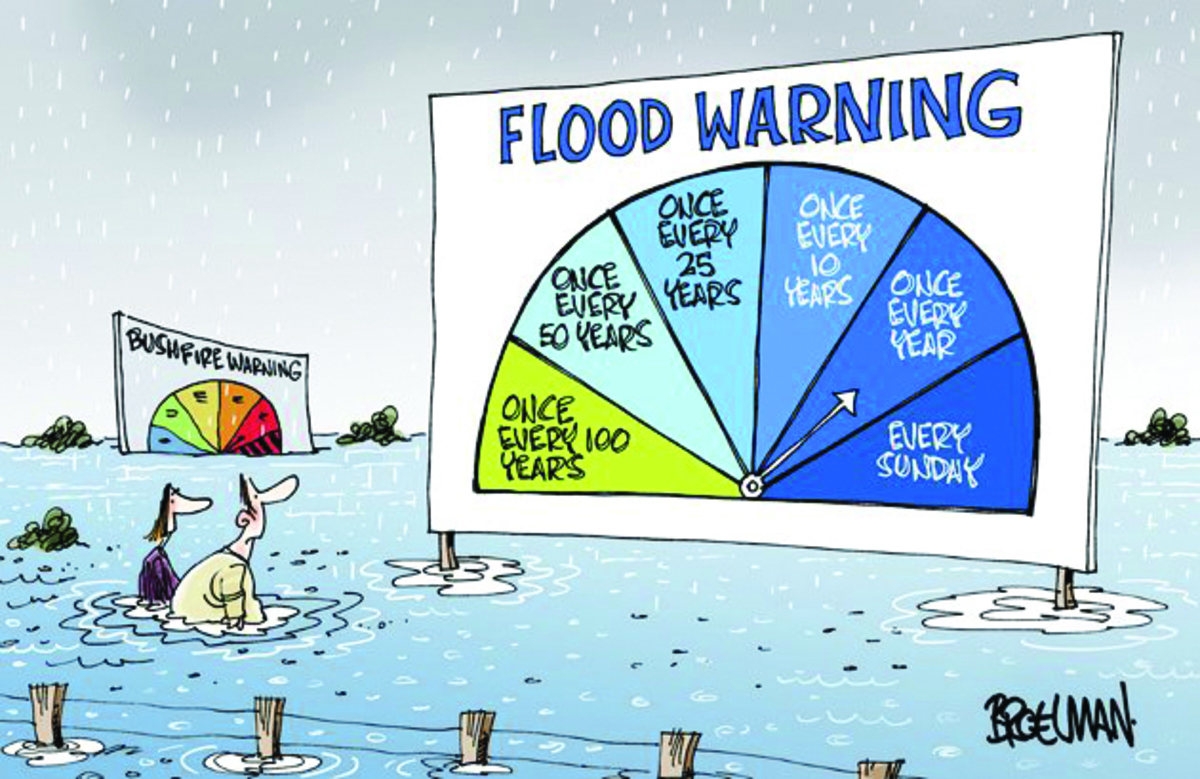Expert legal review exposes critical gap in Australia's environmental law for climate protection
Donna Portland
18 November 2023, 12:05 AM

A comprehensive legal review has unveiled a significant loophole in Australia's national environmental law.
This loophole, highlighted by environmental and climate law professor Jacqueline Peelas, allows major polluting fossil fuel projects to evade scrutiny in terms of their impact on climate change. More than 35 leading environmental law experts in Australia have come forward to endorse Professor Peel's findings in an open letter addressed to the Environment Minister, Tanya Plibersek. This letter serves as a call to the Federal Government to prioritise climate considerations in national environmental legislation.
Professor Peel emphasised that the current national environmental law falls short in mandating the Federal Environment Minister to safeguard a safe and habitable climate. Furthermore, it doesn't require an assessment of the impact of increased greenhouse gas emissions on the species, habitats, and wildlife that this legislation was originally designed to protect. This critical gap in the legal framework is particularly evident in the approval process for new coal, oil, and onshore gas projects, which, according to Professor Peel, bypass proper evaluation of their environmental and climate consequences.
One of the central issues highlighted in Professor Peel's review is the absence of explicit climate change provisions within the law, which results in a lack of consideration for climate impacts in project evaluations. Despite previous efforts to include climate considerations in the legislation, these attempts were thwarted, allowing high-emission projects to proceed without a thorough environmental assessment. This issue was reinforced by the recent Federal Court's Living Wonders decision, which demonstrated the limited scope of the law's protection in addressing climate impacts. Professor Peel said, “The recent Living Wonders decision in the Federal Court confirms that even an indirect interpretation of the law’s protections does not bring climate impacts into its scope.”
Professor Peel also drew attention to the limitations of proposed reforms by the federal government, which primarily focus on direct emissions from facilities, ignoring the broader concept of Scope 3 emissions—emissions from products. She points out that, “Other countries like the US are increasingly considering these emissions when it comes to assessing potential environmental harm.”
Another revelation from Professor Peel's review is that, beginning next year, major companies will be required to disclose all their emissions to financial markets under the upcoming climate financial disclosure laws. However, this information won't extend to specific projects being assessed under the national environmental law. She says, “This could create a scenario where companies need to tell shareholders more about their emissions than they do environmental protection authorities.”
Climate Council Head of Advocacy, Dr Jennifer Rayner, stressed the urgency of establishing a national environmental law that effectively addresses the ongoing climate crisis in Australia. She emphasised the need for legislation that expedites approval for responsible renewable energy and clean industry projects while firmly rejecting major polluting projects that contribute to climate harm. Dr Rayner called the government's initial consultation drafts a missed opportunity, lacking adequate provisions for addressing climate-related concerns. “There is simply nothing there for climate, despite the loud and growing calls from communities and experts around the country to deal with this major environmental threat.”
Dr Rayner declares, “The Albanese Government should put climate at the heart of this law so that it properly protects our environment, and the precious natural places we all rely on for healthy, safe and prosperous lives.”
In conclusion, the legal review by Professor Peel, supported by leading environmental law experts, reveals a pressing need to reform Australia's national environmental law to ensure comprehensive climate protection. Such reforms should align with international best practices and prioritise the environment's well-being in the face of a changing climate.
MP for Gilmore Fiona Phillip[s said in response: “We know that our environment laws are broken. That’s why we are rewriting them, so that they better protect the environment.
“The Environment Minister has started a further round of consultation on our new nature laws – over 1,000 pages of complex laws – because we are determined to get this right.
“Since coming to government, we have already put in place strong new climate laws which allow the Minister to stop coal and gas projects adding to Australia’s emissions. We've also legislated Net Zero emissions by 2050, working constructively with other parties and independents to enshrine this into law.
“We know reforming this long-neglected policy area will take time; we are not rushing it because we want to make sure we get it right. At the same time, we have made huge gains since coming to government last year and we will keep working hard to ensure Australia has the environment and climate laws we need for our future.”




